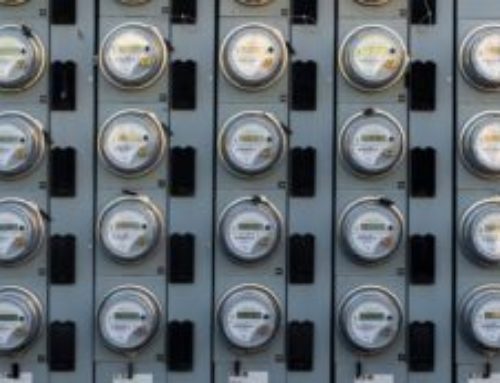There are many ways to get finical support if you have medical bills due to covid and we are working to find all the resources available to you.
COVID-19 Vaccine Coverage Regardless of Insurance Status
All organizations and providers participating in the CDC COVID-19 Vaccination Program (which currently includes any provider administering COVID-19 vaccine):
- Must administer COVID-19 vaccine regardless of the vaccine recipient’s ability to pay COVID-19 vaccine administration fees or coverage status
- May seek appropriate reimbursement from a program or plan that covers COVID-19 Vaccine administration fees for the vaccine recipient such as:
- vaccine recipient’s private insurance company
- Medicare or Medicaid reimbursement
- HRSA COVID-19 Uninsured Program for non-insured vaccine recipients
- May not seek any reimbursement, including through balance billing, from the vaccine recipient. (As such, regardless of insurance status, providers cannot charge patients for the COVID-19 vaccine or administration of the COVID-19 vaccine).
- May not charge an office visit or other fee if COVID-19 vaccination is the sole medical service provided
- May not require patients seek additional medical services to receive COVID-19 vaccination
If you experience or witness any potential violations of these requirements report them to the Office of the Inspector General, U.S. Department of Health and Human Services, by calling 1-800-HHS-TIPS or the website TIPS.HHS.GOV.
If you have insurance
Private insurers generally must waive an insurance plan member’s cost-sharing payments for COVID-19 diagnostic testing and certain related items and services as well as COVID-19 vaccine administration.
Some private insurers, including Humana, Cigna, UnitedHealth Group, and the Blue Cross Blue Shield system, have agreed to waive cost-sharing payments for COVID-19 treatment for insured patients.
If a patient has insurance and seeks COVID-19 treatment from an out-of-network provider that has received General or Targeted Distributions from the Provider Relief Fund, the provider has agreed not to seek to collect out-of-pocket payments greater than what the patient would have otherwise been required to pay if the care had been provided by an in-network provider.
Learn more about coverage requirement – PDF.
If you do not have insurance
If you are uninsured and receive COVID-19-related testing, and/or treatment, or vaccine administration services, your provider may have submitted a claim to the Health Resources & Services Administration (HRSA) for reimbursement of these services. Providers who participate in and are reimbursed from the HRSA COVID-19 Uninsured Program are not allowed to “balance bill” individuals who do not have health care coverage (uninsured), and in this case you should not have been billed.
If you were charged for COVID-19 testing, vaccine administration and/or treatment services and the bill shows HRSA reimbursement for those services, please contact your health care provider to discuss how best to resolve payment of your bill. If you already paid that bill, please note that provider may be required to return those funds to you. Any money collected from patients must be returned – PDF if the provider received funding for that patient through the HRSA program. (If your provider has questions they can visit the HRSA COVID-19 Uninsured Program site )
Please note that if your provider didn’t submit a bill for your COVID-19-related testing and/or treatment to the HRSA COVID-19 Uninsured Program or the care was not eligible for reimbursement from the program, you may be responsible for full payment of the bill. Please be reminded however that providers participating in the CDC COVID-19 Vaccination Program (which currently includes any provider administering COVID-19 vaccine) still cannot charge you, regardless of insurance status, for the COVID-19 vaccine or administration of the COVID-19 vaccine. If a consumer has a complaint, they can contact the HHS OIG hotline at 1-800-HHS-TIPS or TIPS.HHS.GOV.
Immigration status is not a required field for claims processing in the HRSA COVID-19 Uninsured Program. While social security number (SSN), state of residence or driver’s license are requested fields for the HRSA Uninsured Program, if a provider is unable to include this information, it will not disqualify claims for reimbursement as long as providers attest that they attempted to gain this information from their patient. These pieces of information are requested, but not required information and they are used solely to help determine program eligibility, in other words confirming that the patient didn’t have any health coverage. By law, the HRSA Uninsured Program can only reimburse for eligible COVID-19 related services to uninsured individuals.
Source: https://www.hhs.gov/coronavirus/cares-act-provider-relief-fund/for-patients/index.html

